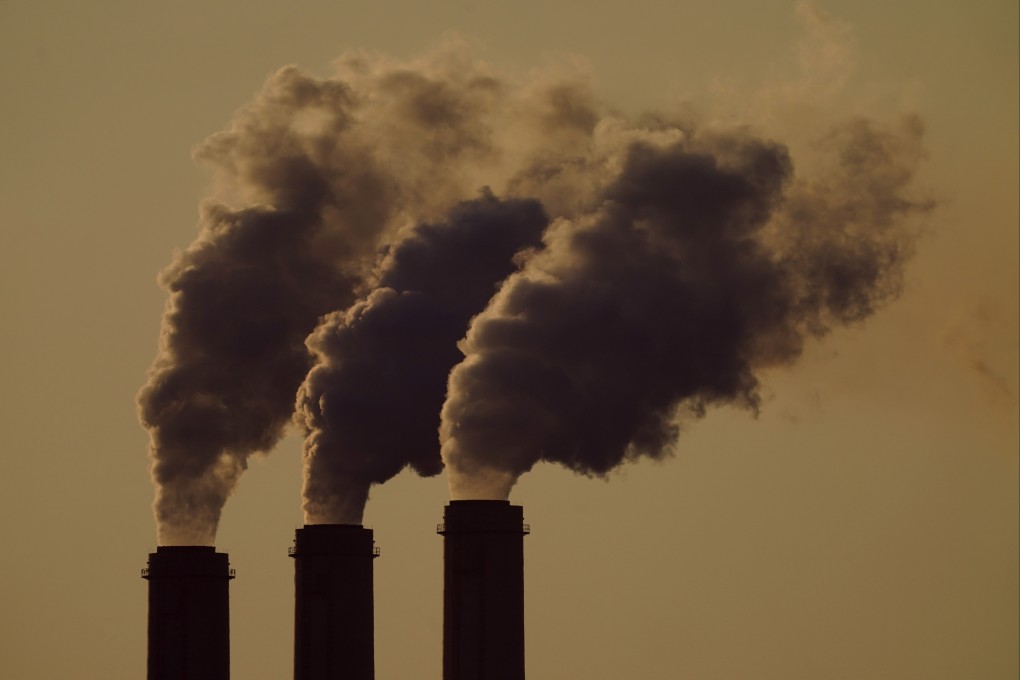Editorial | Link between clear air and fewer suicides is another reason to act
- A study lends support to the argument that there is more to environmental protection than just physical health and economic benefits

Environmental protection tends to be an afterthought rather than a priority for governments the world over, especially when such measures may take a long time to produce concrete results.
But it justifiably becomes a pressing agenda when put against the actual health and economic benefits for the people and society.
From fighting air and water pollution to cutting waste and promoting recycling, there is no shortage of studies and data to prompt a greater sense of urgency for actions.
A fresh study has added a new dimension for policymakers’ considerations. According to the research findings recently published in the journal Nature Sustainability, there is a causal relationship between cleaner air and lower suicide rates in China.
Researchers noted that suicide rates had fallen much faster than in the rest of the world in recent years, while air pollution levels in China had also declined at the same time.

